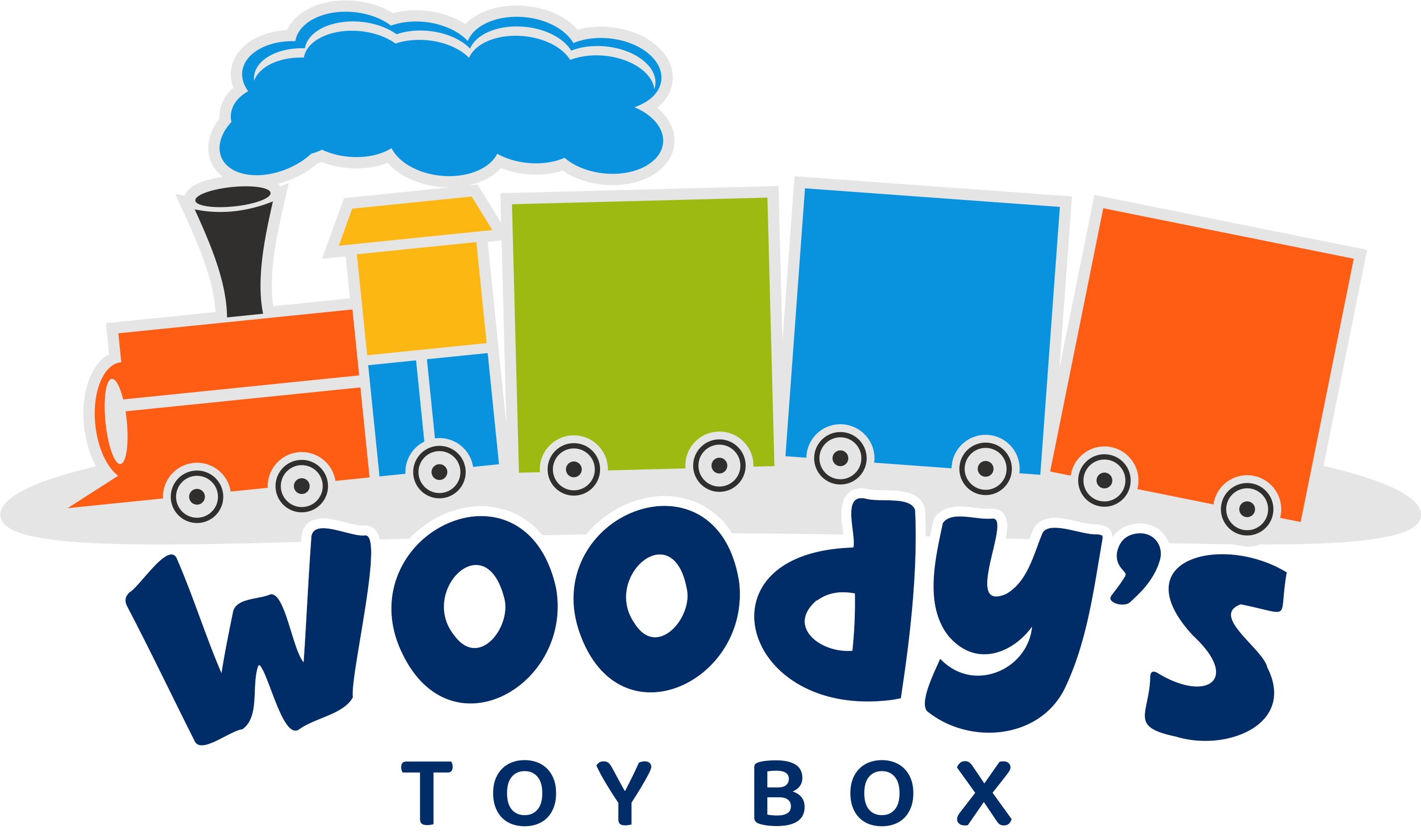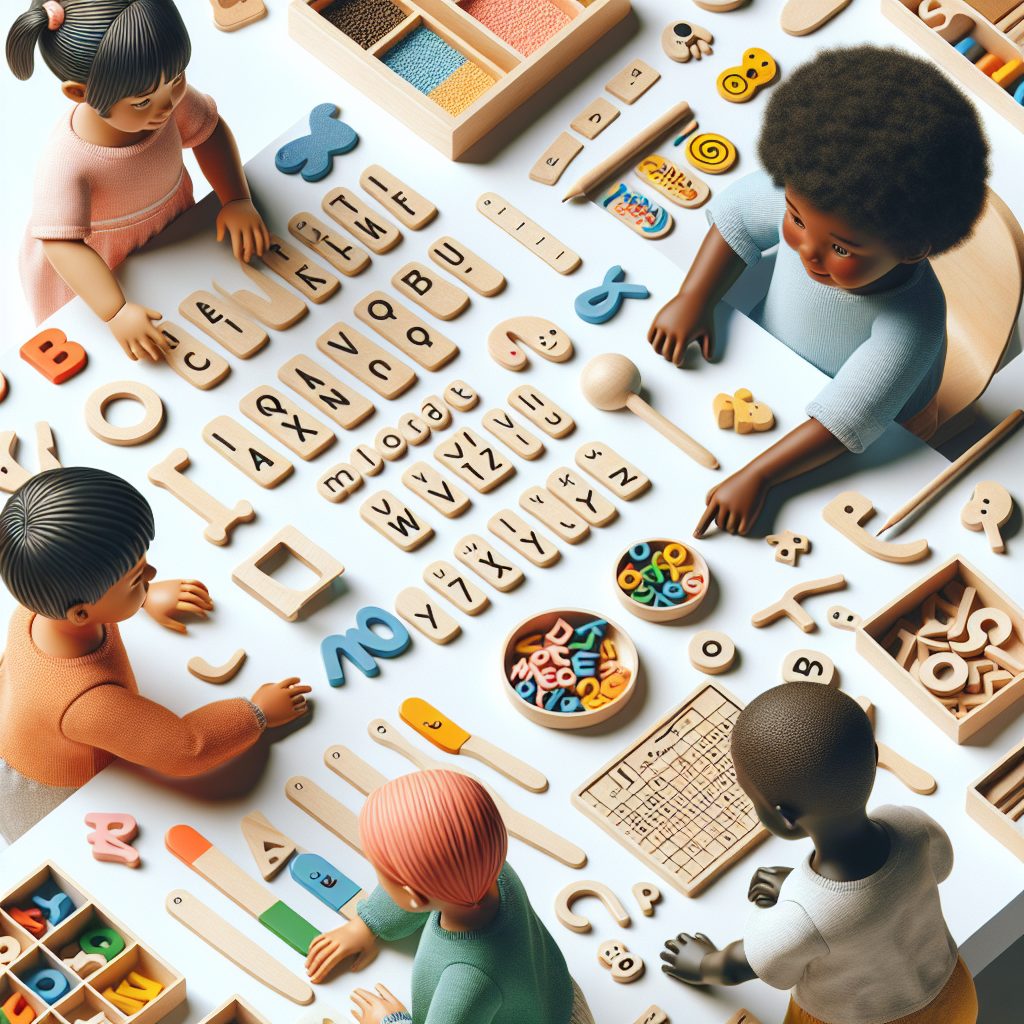Language development plays a crucial role in a child’s overall growth and cognitive abilities. From their first babble to their first words, children constantly explore and expand their language skills. Montessori toys have emerged as a valuable tool in fostering language development in children. These toys provide a hands-on and engaging learning experience, encouraging children to communicate and express themselves effectively. By incorporating language-focused Montessori toys into their playtime, parents can create an environment where their children can grow and flourish linguistically.
One notable aspect of Montessori toys is their focus on tangible learning experiences. Unlike traditional toys that rely on screens or pre-recorded sounds, Montessori toys provide children with opportunities for hands-on exploration. This tactile interaction stimulates their senses and fosters the development of language skills. Whether it’s manipulating puzzle pieces to form words or sorting objects based on their categories, these toys enable children to engage in meaningful and interactive experiences that facilitate language acquisition.
In the upcoming section, we will delve into the key takeaways when it comes to choosing the best Montessori toys for language development. We will explore the specific features of these toys that enhance language skills and discuss how parents can incorporate them into their child’s playtime routine. So, let’s dive in and discover the wonderful world of Montessori toys and their impact on language development.
Key Takeaways
1. Language development is crucial for children’s cognitive and social development, and Montessori toys can play a significant role in fostering language skills.
2. Montessori toys that encourage sensory exploration, such as books with textured pages or puzzles with different textures, can help promote language learning and tactile understanding.
3. Open-ended toys like building blocks and pretend play sets allow children to use their imagination and engage in creative language expression, enhancing vocabulary and communication skills.
4. Montessori toys that introduce phonics and letter recognition, such as alphabet puzzles or letter cards, can aid in letter-sound association and early reading skills.
5. Incorporating Montessori toys that focus on storytelling and role-playing, like finger puppets or storytelling kits, can stimulate language fluency, imaginative thinking, and narrative skills.
What are the Best Montessori Toys for Kids that Aid in Language Development?
Importance of Language Development in Children
Language development plays a crucial role in a child’s overall growth and cognitive abilities. It enables effective communication, social interaction, and cognitive processing. By providing children with the right tools and stimulation, such as Montessori toys, we can enhance their language development skills.
Key Features of Montessori Toys
Montessori toys are specifically designed to promote independent learning and skill development in children. When it comes to aiding language development, these toys possess some distinctive features:
- Open-endedness: Montessori toys encourage creative thinking and problem-solving by allowing children to explore multiple solutions.
- Sensory Stimulation: These toys involve different senses, enabling a multi-dimensional learning experience.
- Real-life Connection: Montessori toys often resemble everyday objects, making language development more relatable.
- Self-correction: With built-in mechanisms, Montessori toys provide immediate feedback, helping children correct their mistakes independently.
Top Montessori Toys for Language Development
Here are some highly recommended Montessori toys that effectively promote language development in children:
1. Alphabet Puzzle
Alphabet puzzles are a great way to introduce children to the letters of the alphabet while developing their fine motor skills. As children fit the pieces in place, they learn letter recognition and begin forming simple words.
2. Picture-to-Word Matching Game
This interactive game helps children associate images with corresponding words. By matching pictures to words, children strengthen their vocabulary and develop early reading skills.
3. Language Cards
Language cards provide visual cues for children to associate objects and their names. These cards encourage language enrichment, expand vocabulary, and foster word-picture recognition.
4. Storytelling Puppet Set
A storytelling puppet set allows children to create and narrate their own stories. This toy enhances language skills by encouraging imagination, creativity, and verbal expression.
5. Rhyming Words Memory Game
This memory game focuses on developing phonemic awareness and word recognition through rhyming words. Children match pairs of cards with rhyming words, thereby improving their language and memory skills.
Guides and Tips to Encourage Language Development
- Engage in regular conversations with your child, asking open-ended questions to encourage their language skills.
- Read aloud to your child and discuss the story, characters, and key themes. This helps build vocabulary and comprehension.
- Immerse your child in a language-rich environment by exposing them to books, songs, and educational shows.
- Play word-based games like “I Spy” or “20 Questions” to foster language development through play.
- Encourage your child to tell stories, either through drawings or using their imagination. This boosts their verbal expression and narrative skills.
Frequently Asked Questions
1. What is the significance of language development in children?
Language development is crucial for children as it helps them communicate effectively, express their thoughts and emotions, and build strong interpersonal relationships. It plays a pivotal role in their overall cognitive, social, and emotional development.
2. How can Montessori toys contribute to language development?
Montessori toys are specifically designed to stimulate various senses and promote hands-on learning. These toys encourage children to engage in imaginative play, exploration, and problem-solving, which are essential for language development. Through interaction with these toys, children can improve their vocabulary, speech, and comprehension abilities.
3. Are there specific Montessori toys that focus on language development?
Yes, there are several Montessori toys that specifically target language development. Toys such as picture and word matching games, alphabet puzzles, storybooks, and language cards are excellent tools to enhance language skills in children.
4. At what age should I introduce Montessori toys for language development?
Montessori toys can be introduced to children as early as 6 months, depending on their developmental stage and readiness. It is essential to choose toys that are suitable for their age and gradually increase the complexity of the toys as they grow.
5. Can Montessori toys be used for children with language delays?
Absolutely! Montessori toys can be beneficial for children with language delays as they provide a hands-on and interactive approach to learning. These toys can help children with delays improve their communication skills, vocabulary, and overall language development.
6. Can Montessori toys replace language therapy?
No, Montessori toys should not replace professional language therapy. While these toys can support language development, they cannot substitute the expertise of a speech therapist. Montessori toys can be used alongside therapy to enhance the learning experience and reinforce language skills.
7. How do I choose the right Montessori toys for language development?
When selecting Montessori toys for language development, consider the age appropriateness, versatility, and educational value of the toys. Look for toys that encourage open-ended play, foster creativity, and provide opportunities for language-rich interactions.
8. Are there any specific brands known for their quality Montessori toys?
There are several reputable brands that offer high-quality Montessori toys for language development. Some popular brands include Hape, Melissa & Doug, PlanToys, and Monti Kids. It is always beneficial to read reviews and choose toys from trusted brands.
9. How can I incorporate Montessori toys for language development into daily routines?
Integrating Montessori toys into daily routines is relatively simple. Set aside dedicated playtime for your child to explore and engage with these toys. Encourage discussions, ask open-ended questions, and create a language-rich environment during play. Incorporating these toys into storytelling, pretend play, and reading activities can also be effective.
10. Are Montessori toys suitable for children with diverse cultural backgrounds?
Yes, Montessori toys are suitable for children with diverse cultural backgrounds. These toys promote universal learning principles and can be adapted to incorporate different languages and cultural experiences. They encourage inclusivity, creativity, and foster a love for language learning in children from all backgrounds.
Final Thoughts
Language development is an essential aspect of a child’s growth, and Montessori toys offer a fun and interactive way to nurture this development. By incorporating these toys into a child’s playtime and daily routines, parents and caregivers can effectively support the enhancement of language skills.
Remember, it is crucial to choose age-appropriate and educational Montessori toys that align with your child’s developmental stage. Additionally, combining the use of these toys with professional guidance, such as language therapy, can further enhance language development in children. So, embrace the power of Montessori toys and unleash your child’s language potential!

